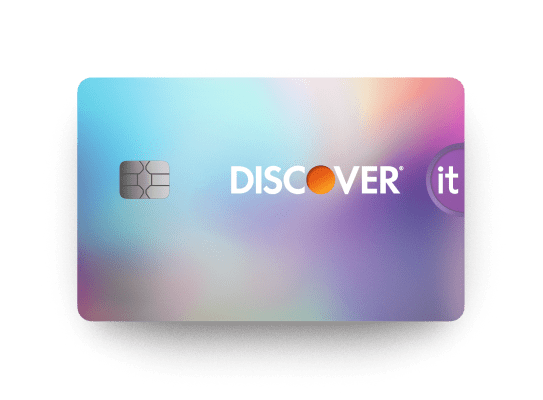
Hi there, how can we help you?

Getting Your First Credit Card
Learn what you need for your first credit card, good first credit cards to consider, and how to choose the best first-time credit card for you.

What Credit Card Do I Qualify For?
Not sure what credit card you qualify for? There are several factors that credit card companies look at when determining your eligibility.

How to Transfer a Credit Card Balance
Learn how to do a balance transfer on a credit card and see if a balance transfer credit card offer is right for your current financial situation.

Credit Cards for Students with No Credit History
Build your credit as a college student with no established credit history. Learn which credit cards you qualify for to help with expenses and no credit required.

What Is a 0% Interest Balance Transfer Credit Card?
Zero interest balance transfer credit cards can offer a low APR to help save money and pay down debt. Learn how to compare 0% interest balance transfer offers.

How to Apply for a Credit Card Online
Learn how to apply for a credit card online, increase your chances of approval, and protect your personal information while applying for credit cards online.


What Is Credit Card Churning?

What is a Credit Card Number?

Do Prepaid Cards Build Credit?

What Does Available Credit Mean?

Does Paying Rent Build Your Credit?

What Is an EMV Chip?


Why Discover?







